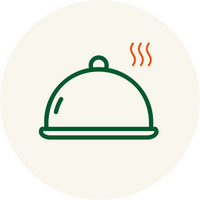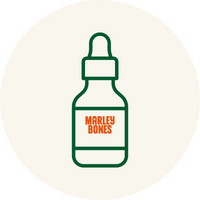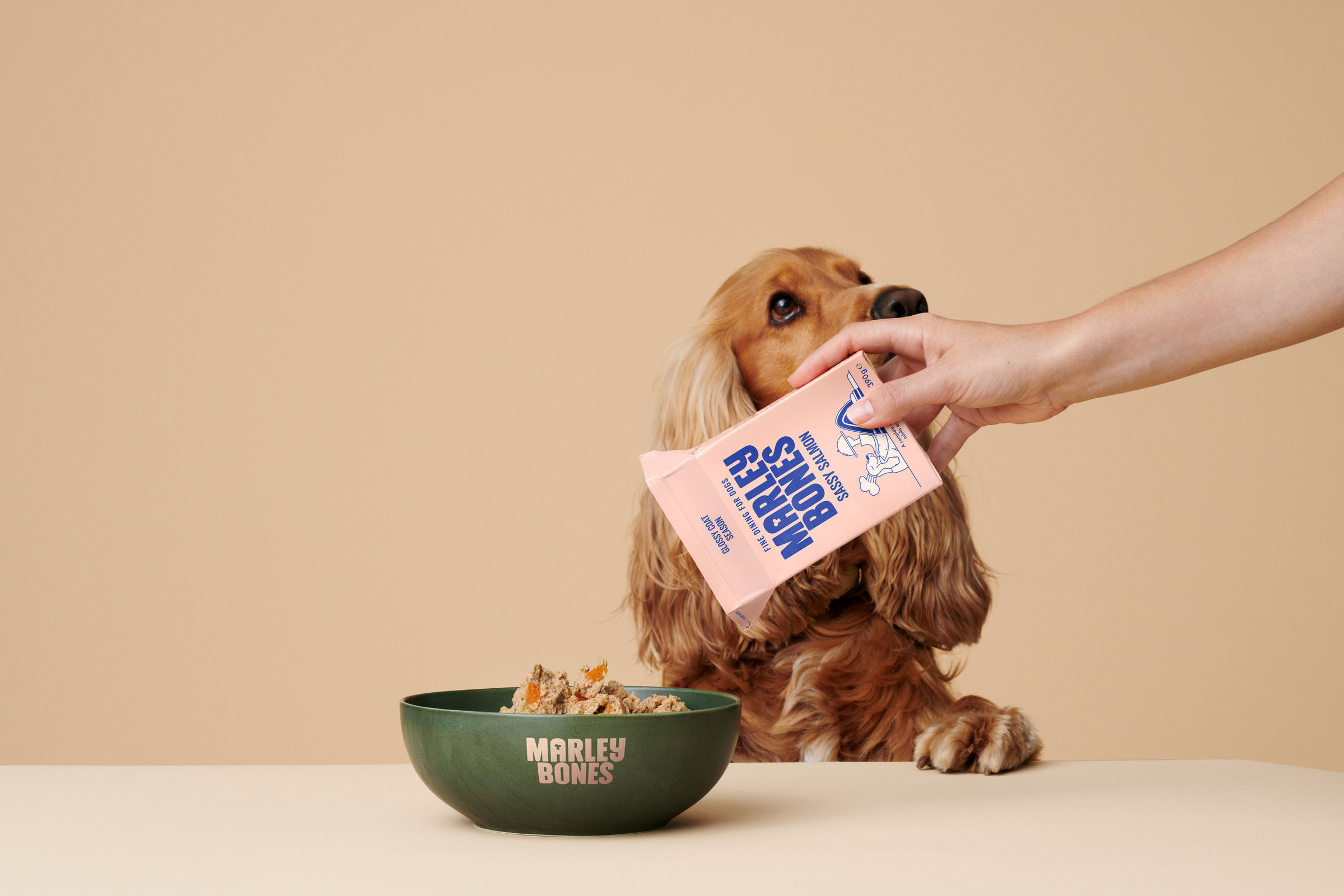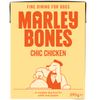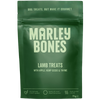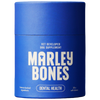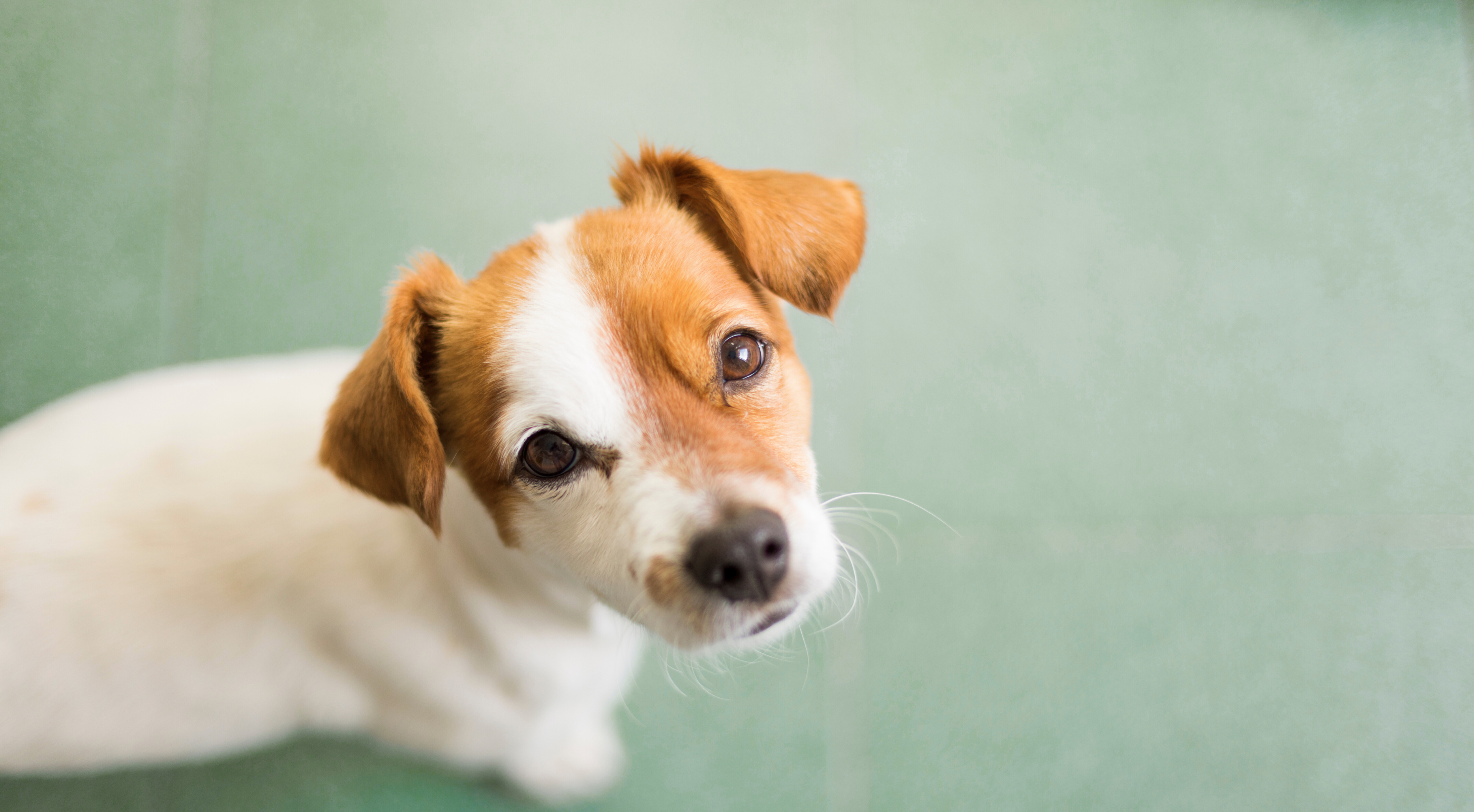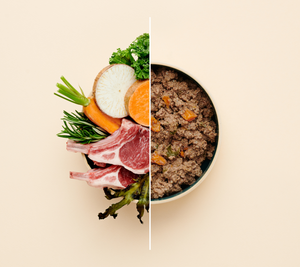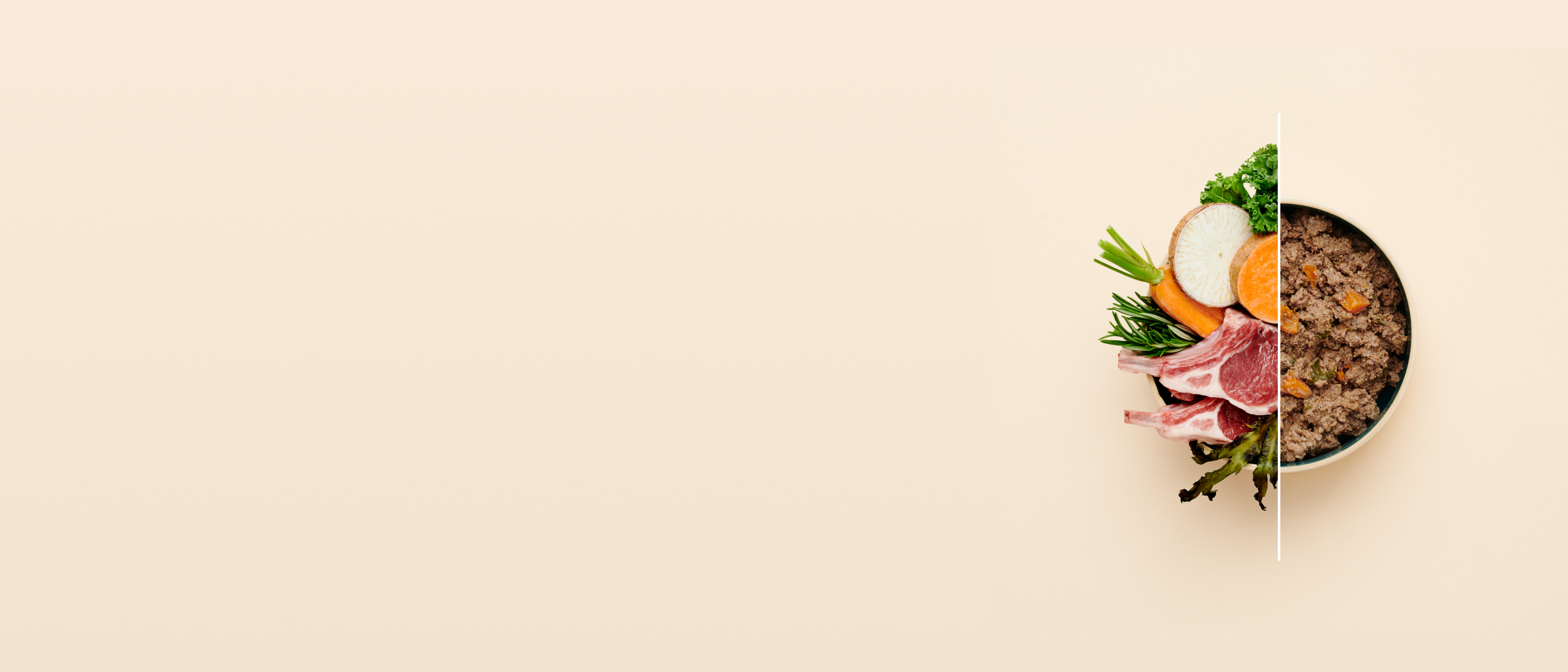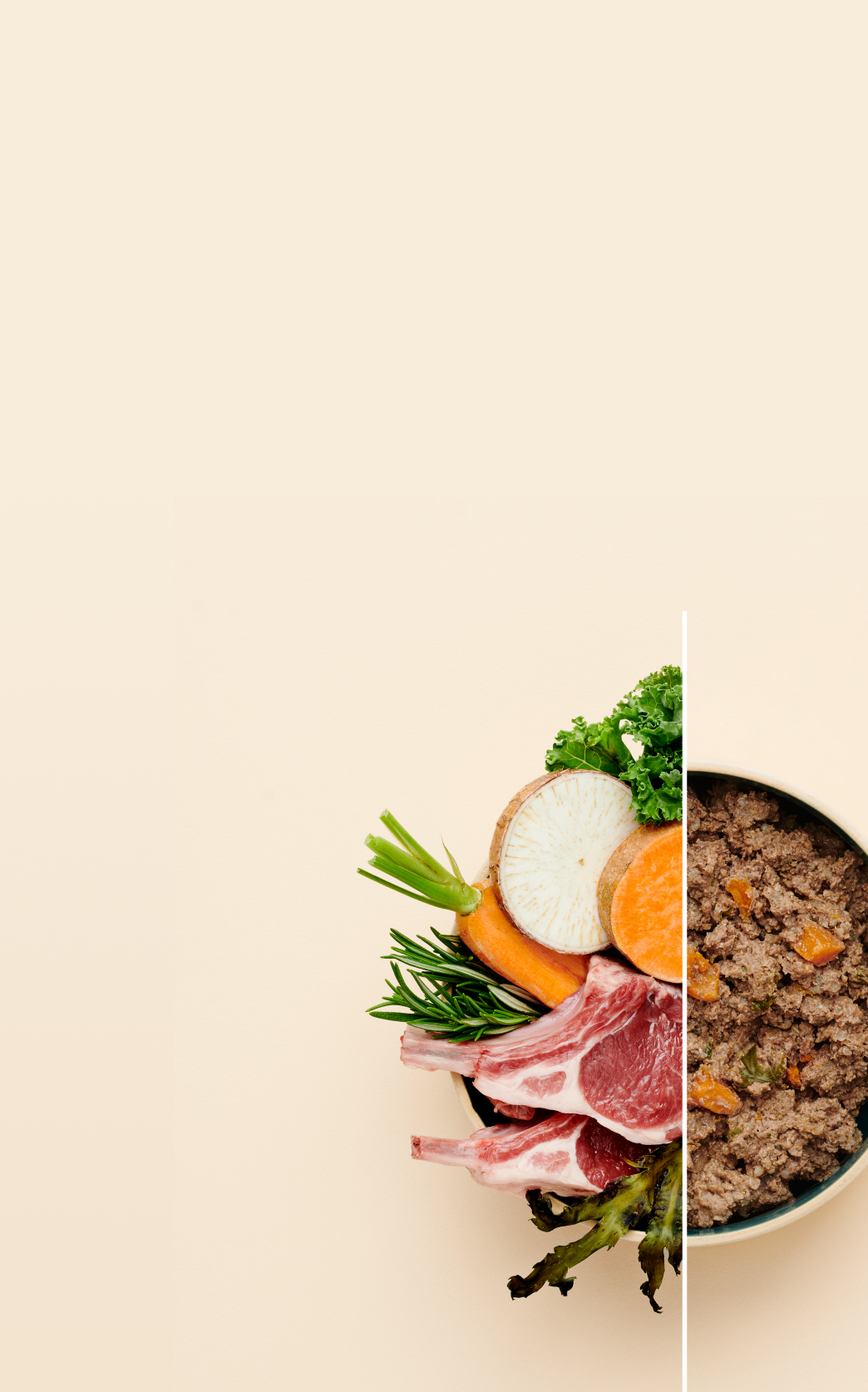What To Do If Your Puppy Isn’t Eating: Vet Reviewed Guidance
It's not uncommon for puppies to devour their meals with gusto—but when your puppy suddenly refuses food, it can be worrying. While this behaviour may occasionally be harmless, it’s important to understand when it's a simple phase and when it signals something more serious.
Appetite loss in puppies can result from anything from environmental stress and food preferences to medical conditions. Knowing what to watch for and when to act is key to supporting your puppy’s health and development.
Common Reasons Your Puppy Refuses Food
Puppies are naturally curious and responsive to their surroundings. A sudden disinterest in food doesn’t always mean they’re unwell.
Some of the most frequent non-medical reasons include:
- Diet change: A new food can take time to adjust to.
- Overfeeding: Your puppy may simply be full and self-regulating.
- Low activity: A sedentary puppy burns less energy and may be less hungry.
- Stress or environment change: Moving home, a new routine, or missing their mother can all contribute.
- Food quality: Puppies need highly digestible, protein-rich meals. Poor-quality diets may be unappealing.
- Heat: Warm weather can suppress appetite.
- Medications: Some prescriptions reduce hunger as a temporary side effect.
It's important not to label your puppy as "fussy" too quickly—sometimes the food just isn’t right for them.
Health Conditions That Cause a Loss of Appetite
In other cases, appetite loss may point to an underlying medical issue. These range in severity, but all require professional assessment:
- Intestinal worms or parasites
- Infectious diseases (e.g., parvovirus)
- Mouth pain or inflammation
- Teething discomfort
- Urinary tract infections
- Swallowing difficulties
- Poisoning (e.g., rodenticides or toxic plants)
- Chronic conditions (e.g., kidney or liver disease, autoimmune issues)
If your puppy also experiences vomiting, diarrhoea, lethargy, or fever, contact your vet immediately.

How Long Can a Puppy Go Without Eating?
The length of time a puppy can safely fast varies based on age, size, and overall health.
Toy breeds (e.g., Chihuahuas) are particularly vulnerable, and even a single day without food can lead to hypoglycaemia or dehydration.
Larger, healthy puppies may tolerate a short fast better, but you should still consult a vet if they refuse food for more than 24 hours.
If your puppy hasn’t eaten for more than 48 hours—or refuses both food and water—it’s critical to seek veterinary advice as soon as possible.
How To Encourage a Puppy To Eat
If your vet has ruled out any medical issues, there are several strategies to stimulate your puppy’s appetite:
- Switch to fresh food: Puppies often reject dry kibble or poor-quality wet food. High-protein, fresh dog food is far more palatable and digestible—often making an immediate difference.
- Add variety: Try warming the food slightly or mixing in small amounts of dog-safe toppings (like cooked vegetables or bone broth).
- Create calm: Feed your puppy in a quiet, low-stress area with no distractions.
- Structure meal times: Avoid grazing. Set regular feeding times and remove uneaten food after 15–20 minutes.
- Interactive feeding: Use puzzle feeders or enrichment toys to stimulate interest in food.
Never give appetite stimulants without veterinary guidance. If your puppy continues to refuse food, professional intervention is needed to prevent nutritional deficiencies or further complications.

What If My Puppy Isn't Eating But Is Drinking Excessively?
Increased water intake paired with appetite loss can indicate more serious conditions. Known as polydipsia, this behaviour may result from:
- Excess salt in the diet
- Diabetes mellitus
- Kidney disease or failure
- Liver disease
- Cushing’s syndrome
While warm weather may increase thirst, excessive and persistent drinking should never be ignored—especially when paired with food refusal. Contact your vet for a thorough diagnostic check.
The Final Woof
Appetite fluctuations in puppies are common—but prolonged disinterest in food can indicate something more serious. Whether it's stress, environment, poor diet, or illness, identifying the root cause quickly is essential.
High-quality, fresh meals are often the simplest and most effective solution for fussy or food-averse puppies. If your puppy continues to avoid meals for more than a day—or displays symptoms like vomiting, diarrhoea, or fatigue—speak with your vet promptly.
With early intervention, the right nutrition, and a calm, structured environment, most puppies return to eating with enthusiasm.

